Recycling and Composting at Penn State
Recycling
At University Park campus, check out the new Recycle Coach function to find where to recycle your materials!
At Penn State, our commitment to sustainability goes beyond just recycling and composting – it starts with a conscious effort to reduce our environmental footprint. We encourage you to join this endeavor, by first focusing on reducing your consumption and by reusing items whenever possible.
While recycling and composting are important steps in managing waste, they should be considered last resorts in our efforts to minimize environmental impacts to our planet. To help you make informed choices, we’ve provided a comprehensive poster below that outlines everything we can recycle here at Penn State.
Our commitment to sustainability doesn’t end there, we established a Waste Stream Task Force in 2018, a dedicated group who worked tirelessly to enhance our waste management practices. You can see the recommendations, progress, access reports, and learn more about their initiatives by clicking here. In 2022, the Office of Physical Plant hired a Waste Reduction & Recycling Manager to continue implementing those recommendations!
Join us in making a positive impact on the environment and contributing to a greener future. Explore the page below to find out how to reduce, reuse, and recycle together at Penn State!
Need a copy of our signs for your unit or building? Click the individual signs above to download a copy of each. Contact recycling@psu.edu if you need assistance.
How to Recycle
Not sure about what goes where? Email us at recycling@psu.edu
Composting
In 2023, we transitioned to collecting food waste only due to high rates of contamination and limitations within our on campus composting facility. At University Park, compost bins now only collect food waste campus wide. More information about this transition can be found here. Thanks for being a responsible steward of your waste.
Why focus on food waste?
Food waste is a significant issue globally, with far-reaching environmental and social implications. By streamlining our composting efforts to accept only food waste, we can address several key benefits:
- Reducing Methane Emissions: Food waste in landfills produces methane, a potent greenhouse gas. Composting food waste instead helps to mitigate these emissions contributing to a reduction on our institutional footprint.
- Nutrient-Rich Compost: Food waste contains valuable nutrients that when composted are transformed into nutrient rich soil. From food scraps to landscaping debris, our on campus composting facility, OMPEC, processes approximately 1,500 tons of organic matter and returns most of that compost, along with wood chips and mulch, back into the campus landscaping. Finished compost is also sold to the public through Lion Surplus.
- Cleaner Waste Streams: While it may seem counter intuitive to reduce the potentially compostable items accepted into our composting facility, even some items that are marketed as compostable can be difficult to break down without specific conditions and/or special equipment. Collecting fewer products that we can ensure will be successfully processed, rather than collecting a largely contaminated waste stream, helps us to ensure the success of our campus composting efforts.

Reduce
Reducing what and how much we consume is the most difficult part of waste management. But it’s the most important. Penn State takes pride in the programs and efforts taking place to reduce waste at the University, but we know we’ve only just begun.
Water Bottle Refilling Stations
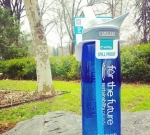
Annually, Penn Staters recycle more than 200 tons of plastic bottles (approximately 7.6 million water bottles). In the United States, only about 24 percent of disposable plastic bottles are recycled. At that rate, approximately 600 tons of bottles are sent to the landfill – sitting there for hundreds of years. Learn more about water bottle refilling stations and where the nearest one is to you on campus.
Reusable Dining Containers
The PSreUse reusable containers operate much like disposable carryout containers. In the all-you-care-to-eat dining locations on campus, students and staff pick up a container at the cashier. After use, containers should be rinsed out and deposited in the return locations and they will be washed similarly to the other dishware used on campuses. Students and staff using the containers are charged a fee only if they fail to return their container(s).
Reduces the size of the plates used in the dining halls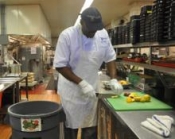
- Supports local vendor purchasing
- Donates leftover food to Meals on Wheels
- Trains students and staff on sustainable practices
Carbon Negative: Reducing Dining’s Carbon Foodprint at Penn State
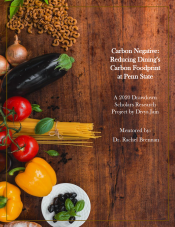 This research report was a project created as part of the 2020 Drawdown Scholars Program by Divya Jain, a Penn State student under the mentorship of Rachel Brennan during Summer 2020.
This research report was a project created as part of the 2020 Drawdown Scholars Program by Divya Jain, a Penn State student under the mentorship of Rachel Brennan during Summer 2020.
The Office of Central Procurement handles the purchasing of everything from furniture to lab equipment on PSU campuses. Procurement continually seeks opportunities to maximize purchasing value by making wise choices that benefit both the University and the environment. Read more about “green” purchasing at Penn State.
In 2010, Penn State Office of Physical Plant, Procurement Services, and the Smeal College of Business launched an ambitious collaborative effort: to develop a new standard for carpet purchasing, installation and removal that would reduce the first cost by 2-5% and the total cost of ownership by an estimated 20% and ensure 100% of Penn State carpet never sees a landfill.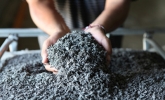
The request for carpet proposals was revised in 2019, giving specific attention to supply chains, volatile organic compounds (VOCs), environmental product declarations, health product declarations and a process for tracking the useful life of carpet. Contracts were awarded in December of 2019.
The original case study for the Smarter Carpet Initiative provides more information.
Duplex Printing
To reduce the amount of paper you use:
- Choose double-sided printing for multiple pages.
- Change your default margin settings from 1.25″ to .75″ to save 5% more paper (according to the Mueller study and the Penn State Green Destiny Council).
- If you are flooded by catalogs, stop the overflow by contacting www.catalogchoice.org.
Reuse
After reduction, reuse is the second most important element of waste management. It is critical at the personal and institutional level.
Unwanted items are collected from residential students in late April to early May through collaboration with Goodwill. Collection locations are in every residence hall where students are encouraged to drop off their gently used clothing and small household items. Unexpired food items can also be dropped off to be donated to local food pantries.
This is an adjustment to the historical Trash to Treasure Sale. In 2018, the 17th Trash to Treasure Sale collected 35 tons of waste and generated about $51,000 for the local United Way agencies.
A student works at a desk procured by the Furniture Re-use Program.
Lion Surplus, located on Services Road on the University Park campus, is a store that handles the removal of University-owned equipment in environmentally responsible ways, such as sales, bids, and auctions. The store is open to students, faculty, staff, and the public. Hours: Monday through Thursday 8:00am to 2:30pm and Friday 7:30am to 12:30pm
Any University department may send University-owned equipment, supplies, and/or materials that are obsolete, surplus, or scrap to Lion Surplus for sale or disposal. To send your department’s surplus materials, you must login SIMBA and create an Asset Transfer and Retirement Form (DOCX) request. Lion Surplus accepts anything that Penn State owns. If the items are still in working condition, they are sold in our showroom, in auctions, or on eBay and GovDeals. Items that are not functional are recycled.
Check out their stock before purchasing something new!
Compost
Penn State’s Organic Materials Processing Center (OMPEC) is a self-sustaining operation processing food waste, leaves, scrap wood, pallets, logs and plant debris. The facility provides the opportunity to divert organics from landfills and a sound means to manage leaf and yard debris, which can then all be manufactured into mulch and compost. Annually approximately 4,000 tons of organics are processed and made into mulch and compost used on campus. Compost is available for sale. The compost may be paid for at LionSurplus (Services Road) and picked up at OMPEC (279 Farm Services Road).










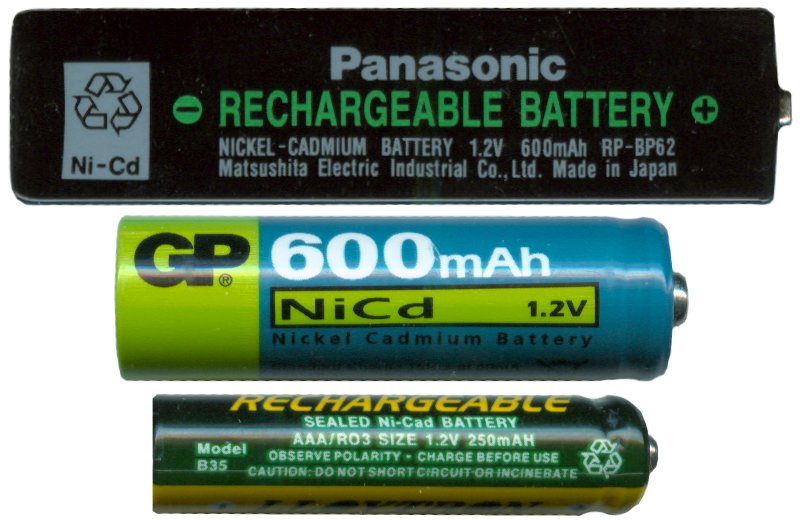
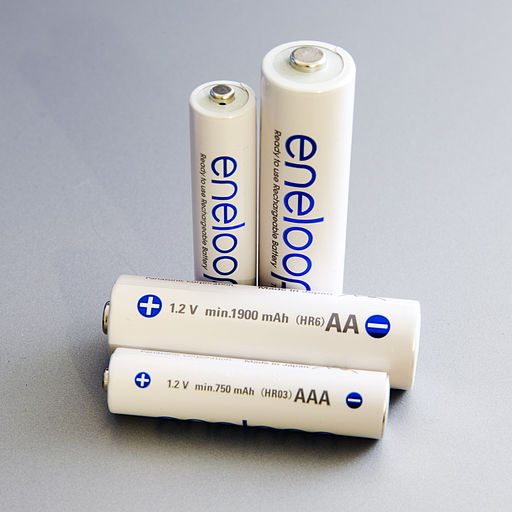
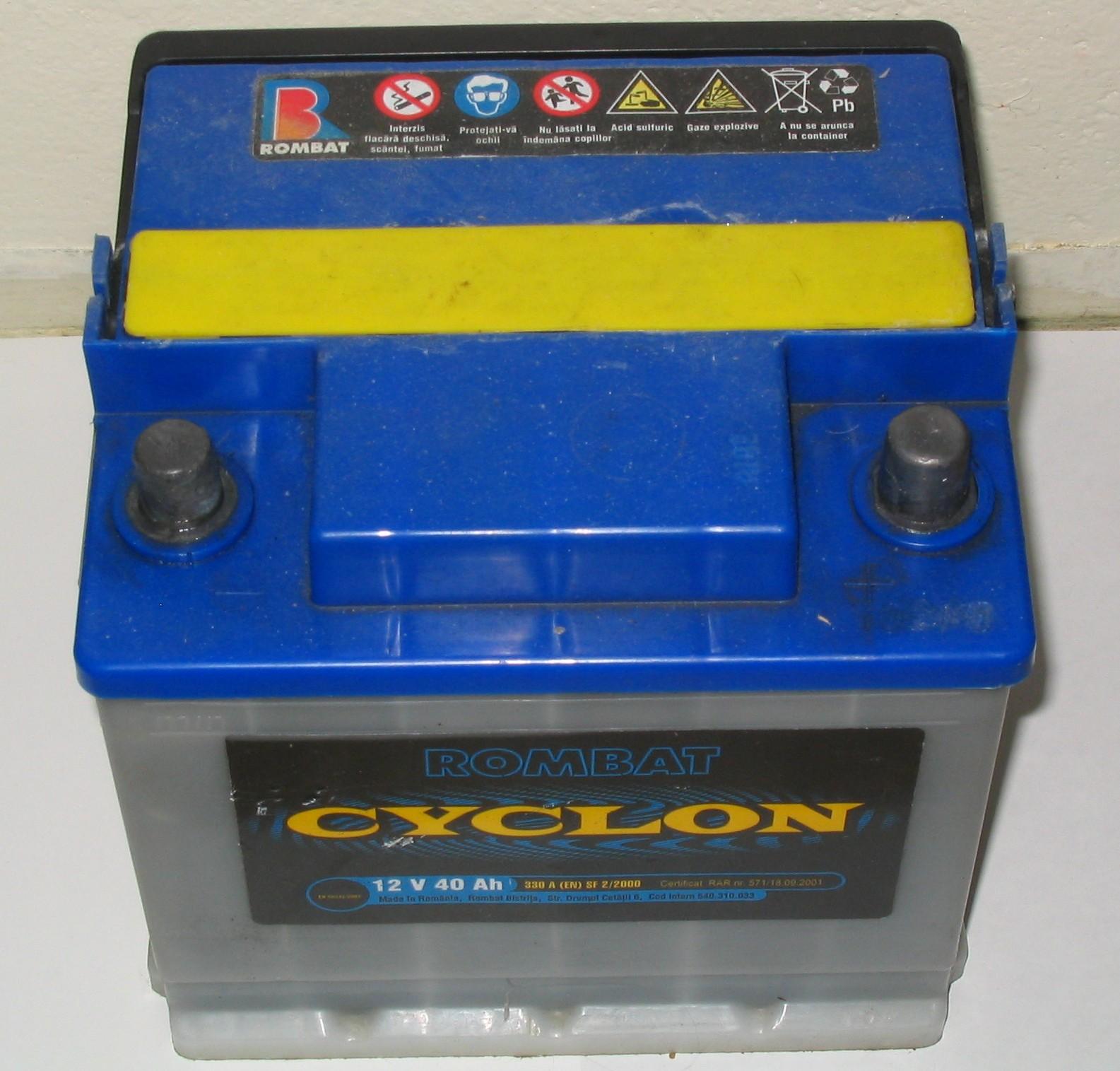
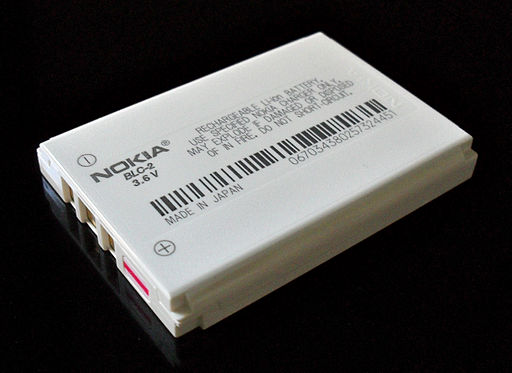
 Alkaline Batteries:
Alkaline Batteries: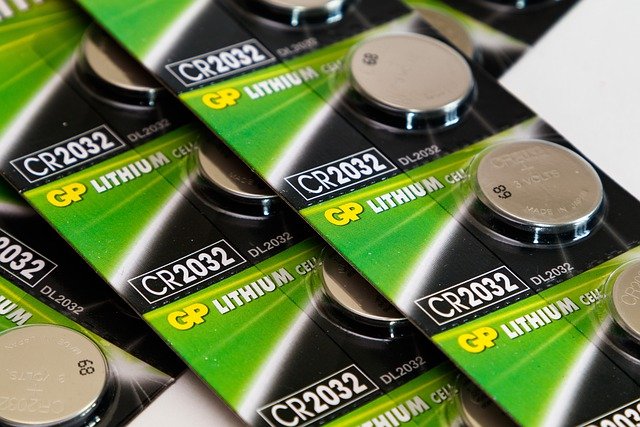 Lithium:
Lithium: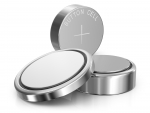 Dry-Cell Batteries:
Dry-Cell Batteries: